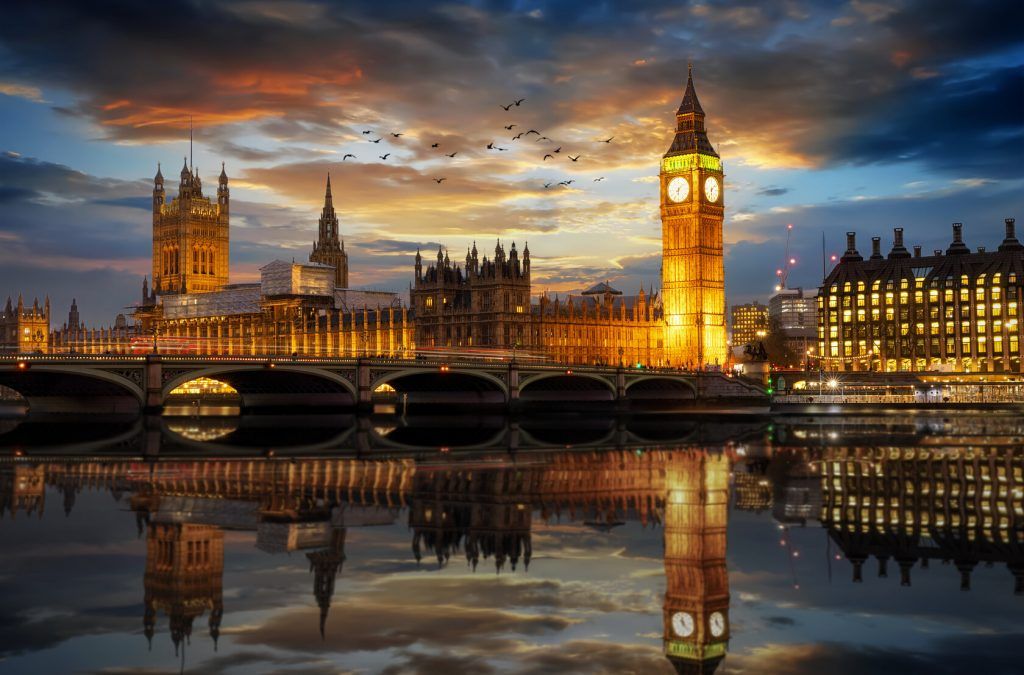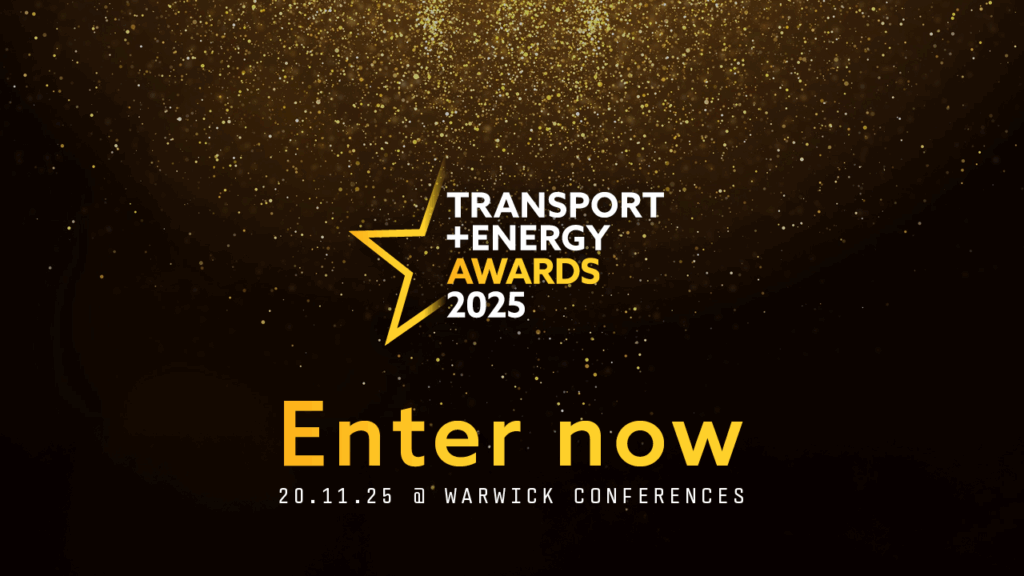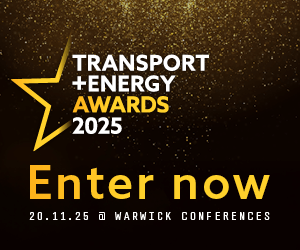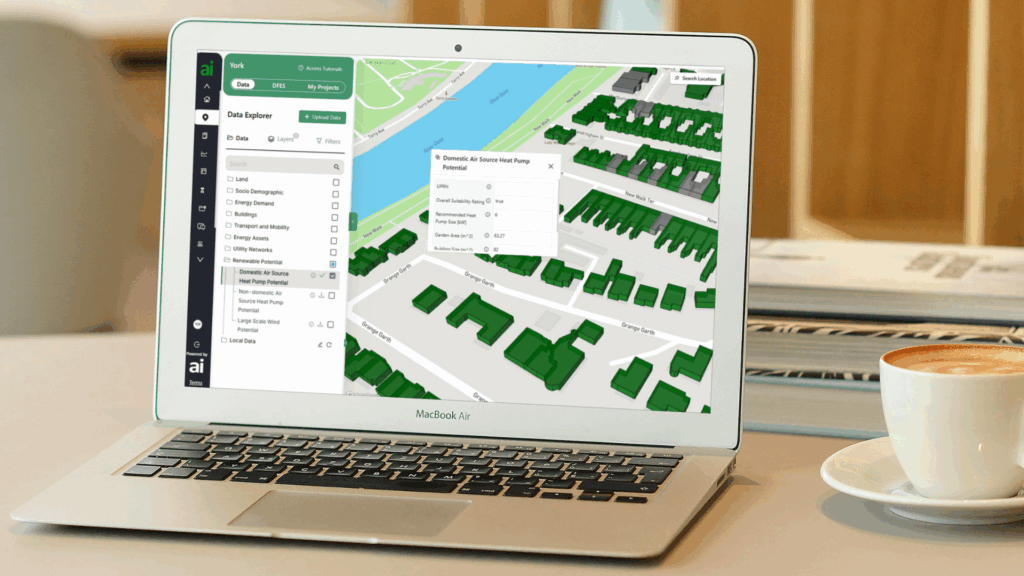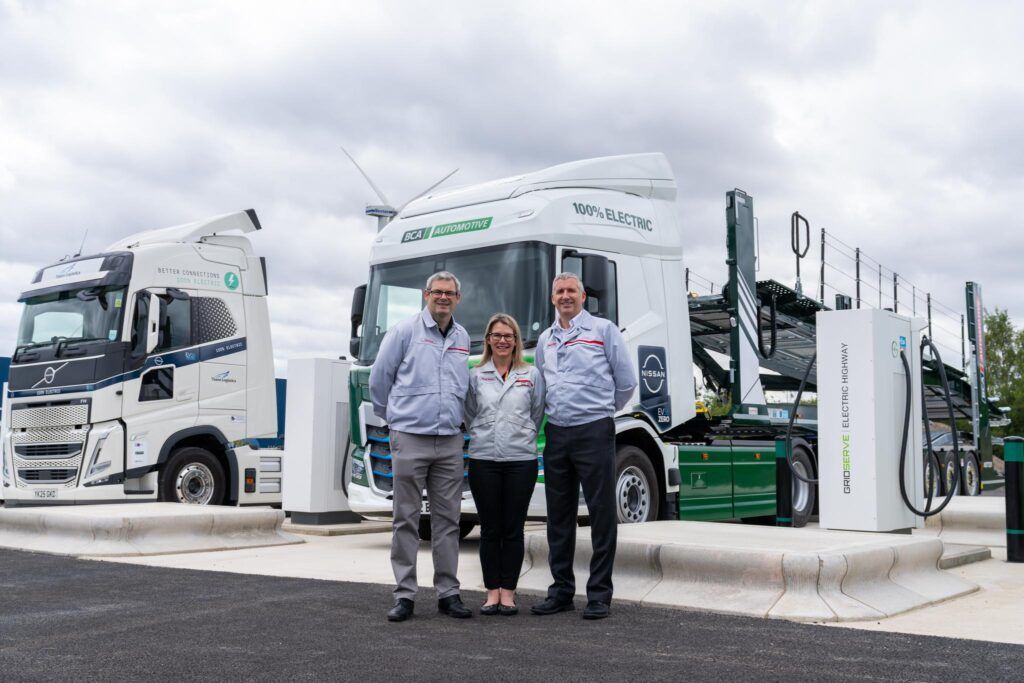The Prime Minister Boris Johnson has set out his plans for a ‘green industrial revolution’, including bringing forward the ban of ICE sales.
The move, which makes the UK one of the most ambitious countries for transitioning to electric vehicles, aims to create new jobs and opportunities. Overall, the package of measures supports as many as 250,000 new ‘green’ jobs.
Following consultation with car manufacturers and sellers, the Prime Minister confirmed the UK will end the sale of new petrol and diesel cars and vans by 2030, ten years earlier than planned.
To support the move, it will set aside £1.3 billion to accelerate the rollout of chargepoints for electric vehicles in homes, streets and on motorways across England; £582 million in grants for those buying zero or ultra-low emission vehicles; nearly £500 million to be spent in the next four years for the development and mass-scale production of electric vehicle batteries.
It is also launching a consultation on the phase out of new diesel HGVs to put the UK in the vanguard of zero emission freight. No date has been set yet.
Covering clean energy, transport, nature and innovative technologies, the Prime Minister’s blueprint will shape policy ahead of the COP26 climate summit in Glasgow next year – widely viewed as critical to expanding on the Paris Agreement of 2016.
The plan to mobilise £12bn of government investment to create the jobs aims to incentivise three times as much private sector investment by 2030.
Johnson is aiming new cash at the UK’s industrial centres, including in the North East, Yorkshire and the Humber, West Midlands, Scotland and Wales, which will drive forward the green industrial revolution and build green jobs and industries of the future.
The Prime Minister’s ten points are:
- Offshore wind: Producing enough offshore wind to power every home, quadrupling how much we produce to 40GW by 2030, supporting up to 60,000 jobs.
- Hydrogen: Working with industry aiming to generate 5GW of low carbon hydrogen production capacity by 2030 for industry, transport, power and homes, and aiming to develop the first town heated entirely by hydrogen by the end of the decade.
- Nuclear: Advancing nuclear as a clean energy source, across large scale nuclear and developing the next generation of small and advanced reactors, which could support 10,000 jobs.
- Electric vehicles: Backing manufacturers and transforming national infrastructure to better support electric vehicles.
- Public transport, cycling and walking: Making cycling and walking more attractive ways to travel and investing in zero-emission public transport of the future.
- Jet Zero and greener maritime: Supporting difficult-to-decarbonise industries to become greener through research projects for zero-emission planes and ships.
- Homes and public buildings: Making homes, schools and hospitals greener, warmer and more energy efficient, while creating 50,000 jobs by 2030, and a target to install 600,000 heat pumps every year by 2028.
- Carbon capture: A target to remove 10MT of carbon dioxide by 2030, equivalent to all emissions of the industrial Humber today.
- Nature: Protecting and restoring the natural environment, planting 30,000 hectares of trees every year, while creating and retaining jobs.
- Innovation and finance: Developing t technologies needed to reach the new energy ambitions and make the City of London the global centre of green finance.
Prime Minister Boris Johnson said: “My Ten Point Plan will create, support and protect hundreds of thousands of green jobs, whilst making strides towards net zero by 2050.
“Our green industrial revolution will be powered by the wind turbines of Scotland and the North East, propelled by the electric vehicles made in the Midlands and advanced by the latest technologies developed in Wales, so we can look ahead to a more prosperous, greener future.”




